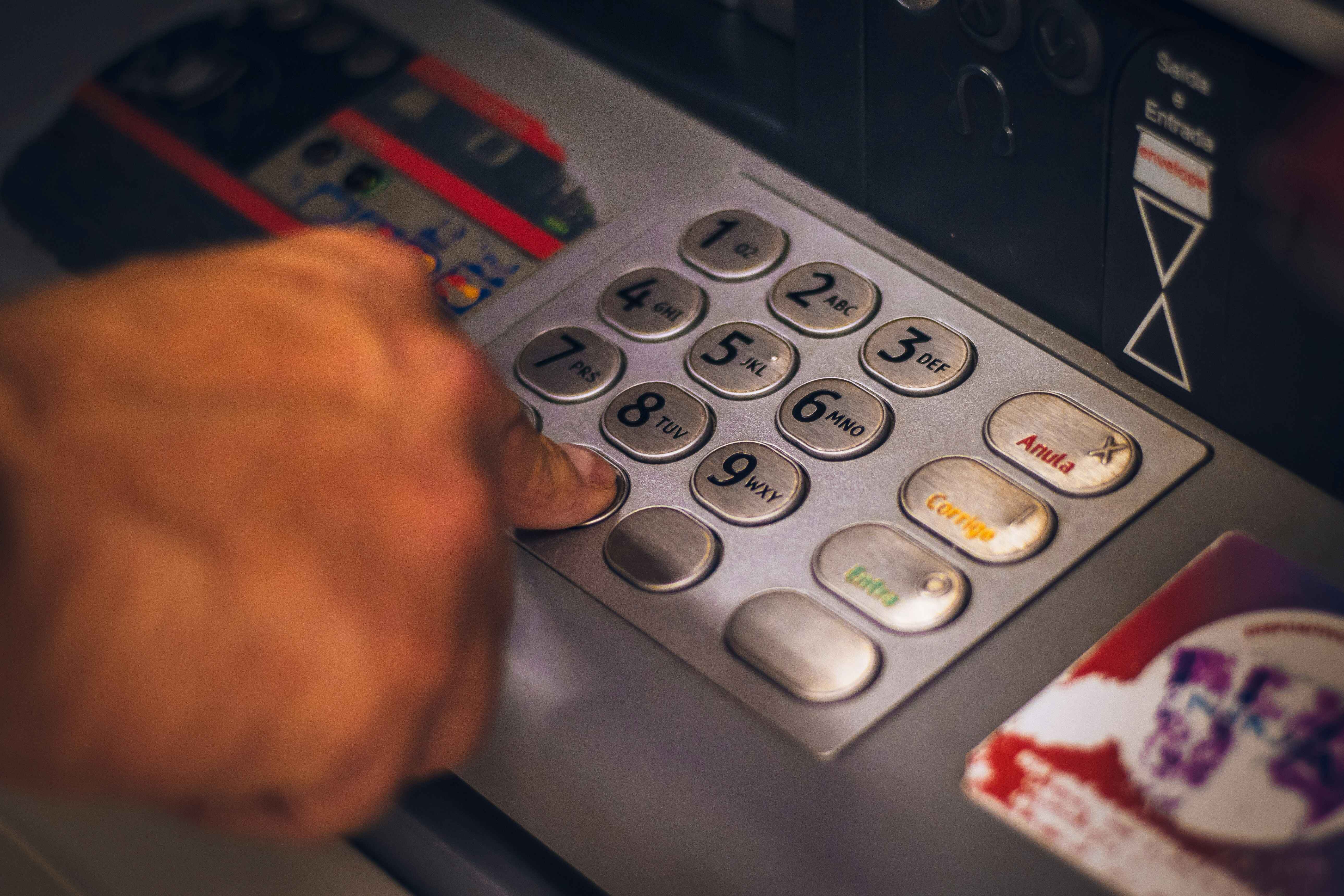Many credit card users opt to pay just the minimum amount due each month without realising the long-term interest implications. While making the minimum payment keeps your account in good standing, it can lead to mounting interest charges over time. Let’s decode how credit card minimum payment interest works to make informed decisions about managing your credit card dues.
Understanding Minimum Amount Due
-
The credit card minimum amount due meaning is the smallest payment you need to make to avoid late fees
-
It’s usually a small percentage (2-5%) of your total outstanding balance
-
Paying only the minimum amount doesn’t reduce your principal debt significantly
Here’s an example to illustrate:
Suppose your credit card outstanding balance is ₹50,000, with a minimum amount due of ₹2,500 (5% of total). If you pay only ₹2,500:
|
Particular |
Amount |
|---|---|
|
Total Outstanding |
₹50,000 |
|
Minimum Amount (5%) |
₹2,500 |
|
Remaining Principal |
₹47,500 |
So, ₹47,500 of your principal will attract interest charges in the next billing cycle.
How Interest Adds Up
When you pay just the minimum due, the credit card issuer charges interest on the remaining principal balance. This compounds every month, increasing your outstanding amount. Keep in mind that different issuers may have varying policies, such as RBL credit card minimum amount due charges.
Consider this scenario:
-
Outstanding Balance: ₹50,000
-
Annual Interest Rate: 24% per annum (2% per month)
-
Minimum Amount Paid: ₹2,500′
After the payment, the remaining ₹47,500 will attract 2% interest charges. So next month, your balance will be:
Principal: ₹47,500 + Interest: ₹950 (2% of ₹47,500) = ₹48,450
If you continue paying only the minimum payment on credit card interest, this cycle repeats. With this, your debt burden increases substantially over time.
The Minimum Payment Trap
-
Small monthly payments seem convenient initially.
-
But interest keeps accruing on the unpaid balance
-
The debt compounds and can take years to clear
-
You end up paying far more than what you originally owed
For example:
A ₹50,000 balance at 24% interest could take 8 years to repay, costing over ₹28,000 in interest!
In contrast, increasing monthly payments can save significant interest and help clear dues faster. Tools like the personal loan EMI calculator on Airtel Finance can help estimate your monthly payments.
Escaping the Debt Trap
Paying more than the credit card minimum payment and interest is key to reducing your credit card debt:
-
It lowers the principal balance faster
-
You save on interest charges in the long run
-
Your debt-free date arrives sooner
-
Your credit score improves as the credit utilisation ratio falls
Suppose you increase monthly payments to ₹8,000 on the ₹50,000 balance at 24% interest. You can repay the entire amount in just 7 months, with a total interest of only ₹5,249!
|
Month |
Outstanding Principal |
Interest (@2% pm) |
Payment |
Closing Balance |
|---|---|---|---|---|
| 1 | ₹50,000 | ₹1,000 | ₹8,000 | ₹43,000 |
| 2 | ₹43,000 | ₹860 | ₹8,000 | ₹35,860 |
| 3 | ₹35,860 | ₹717 | ₹8,000 | ₹28,577 |
| 4 | ₹28,577 | ₹572 | ₹8,000 | ₹21,149 |
| 5 | ₹21,149 | ₹423 | ₹8,000 | ₹13,572 |
| 6 | ₹13,572 | ₹271 | ₹8,000 | ₹5,843 |
| 7 | ₹5,843 | ₹117 | ₹6,000 | ₹0 |
Total Interest: ₹5,249
(Calculations are simplified for illustration purposes)
When Minimum Payments Make Sense
In some cases, making only the minimum payment can be a temporary solution:
-
Sudden financial crunch or emergency
-
Unexpected large expense
-
Job loss or pay cut
However, it’s best to revert to paying the statement balance in full as soon as your cash flows improve. The Airtel Thanks app helps track your spending and payments to manage dues better.
Conclusion
Paying just the credit card minimum due interest can lead to a long-term debt trap due to compounding interest. Increasing monthly payments is crucial to reducing principal dues and interest charges. Consider options like a personal loan from Airtel Finance to consolidate high-interest credit card debt and repay it at lower rates. By understanding how minimum payment interest works, you can make financially prudent decisions and build a strong credit profile.
FAQs
1. Will paying more than the minimum reduce my interest charges?
Yes, paying more than the minimum due helps pay off the principal faster. Thus, it reduces total interest charges and helps clear your dues sooner.
2. Does making only the minimum payment affect my credit score?
Yes, consistently paying only minimum dues increases your credit utilisation ratio, which can lower your credit score over time. Paying dues in full is advisable.
3. What happens if I only pay the minimum amount due each month?
Paying only the minimum due attracts interest on the unpaid balance, which compounds every month. Your outstanding dues will mount significantly over time.
4. How is interest charged when I make the minimum payment?
Interest is charged on the principal balance remaining after making the minimum payment. The rate is applied monthly, compounding the outstanding dues.
5. Does the interest rate change if I pay only the minimum amount?
No, the interest rate remains the same whether you pay in full or just the minimum. However, the total interest outgo increases when you pay only minimum dues. Check your Credit Score for free on Airtel Finance to get the best rates.


 Get App
Get App  Airtel Store
Airtel Store  Login
Login 


